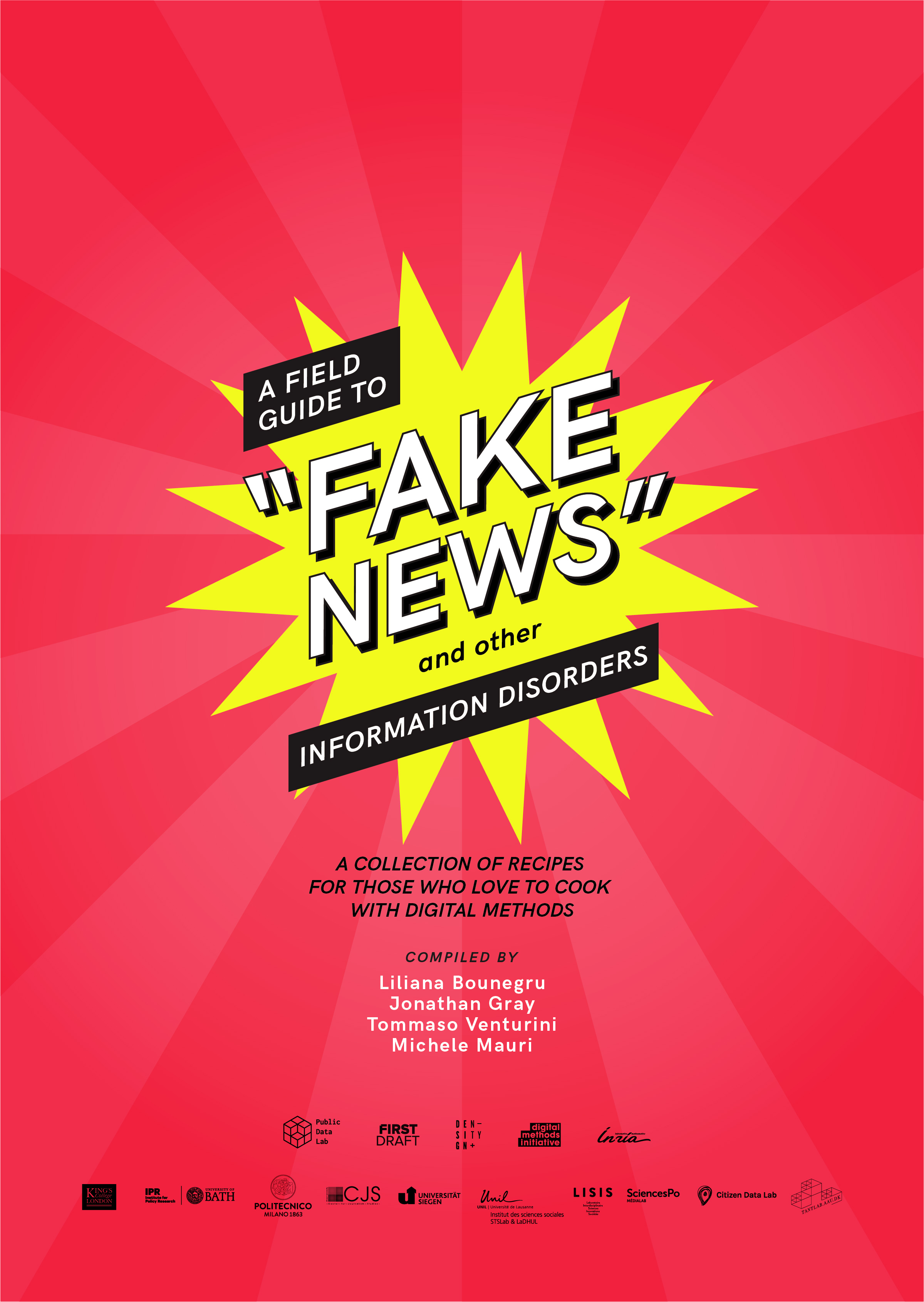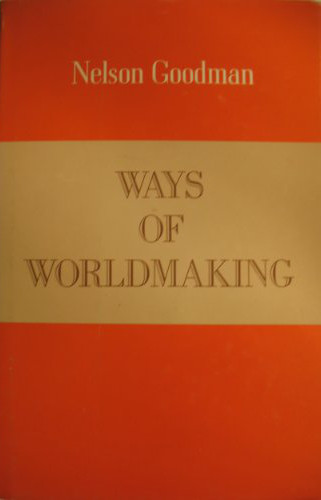A Field Guide to “Fake News” and Other Information Disorders (2018)
Filed under book | Tags: · deception, fake news, internet, journalism, media, memes, politics, social media, trolling, truth, web

“This guide explores the use of digital methods to study false viral news, political memes, trolling practices and their social life online.
It responds to an increasing demand for understanding the interplay between digital platforms, misleading information, propaganda and viral content practices, and their influence on politics and public life in democratic societies.”
Compiled by Liliana Bounegru, Jonathan Gray, Tommaso Venturini, and Michele Mauri
Publisher Public Data Lab, January 2018
Creative Commons BY 4.0 License
211 pages
Isabelle Stengers: The Invention of Modern Science (1993–) [EN, PT]
Filed under book | Tags: · apparatus, epistemology, event, fact, fiction, history of science, mathematics, philosophy of science, physics, politics, science, sociology, theory, truth

The so-called exact sciences have always claimed to be different from other forms of knowledge. How are we to evaluate this assertion? Should we try to identify the criteria that seem to justify it? Or, following the new model of the social study of the sciences, should we view it as a simple belief? The Invention of Modern Science proposes a fruitful way of going beyond these apparently irreconcilable positions, that science is either “objective” or “socially constructed.” Instead, suggests Isabelle Stengers, one of the most important and influential philosophers of science in Europe, we might understand the tension between scientific objectivity and belief as a necessary part of science, central to the practices invented and reinvented by scientists.
First published in French as L’Invention des sciences modernes, La Découverte, Paris, 1993.
English edition
Translated by Daniel W. Smith
Publisher University of Minnesota Press, 2000
Theory Out of Bounds series, 19
ISBN 0816630569, 9780816630561
185 pages
Review (Robert Evans, Contemporary Sociology, 2002)
Commentary (Stephen Shaviro, 2004)
Publisher (EN)
Google books (EN)
The Invention of Modern Science (English, trans. Daniel W. Smith, 2000)
A invenção das ciências modernas (Portuguese, trans. Max Altman, 2002)
Nelson Goodman: Ways of Worldmaking (1978–) [EN, DE, ES, CZ, CR]
Filed under book | Tags: · aesthetics, art, art theory, epistemology, knowledge, metaphysics, perception, philosophy, representation, science, style, truth

“A major thesis of this book is that the arts must be taken no less seriously than the sciences as modes of discovery, creation, and enlargement of knowledge in the broad sense of advancement of the understanding, and thus that the philosophy of art should be conceived as an integral part of metaphysics and epistemology.” (p 102)
Publisher Hackett Publishing, Indianapolis, 1978
ISBN 0915144514, 9780915144518
148 pages
Reviews: Hilary Putnam (Journal of Philosophy, 1979), W. Charlton (Philosophical Quarterly, 1980), Robert Howell (Philosophical Review, 1982), Jay F. Rosenberg (Noûs, 1982), Jon W. Sharer (Leonardo, 1981).
Commentaries: Xavier de Donato-Rodríguez (Theoria, 2009), Pierre-André Huglo (Philopsis, 2012, FR).
Preface to an Italian edition (Achille C. Varzi, 2008, IT)
Commentary on Goodman’s aesthetics (Stanford Encyclopedia of Philosophy).
Ways of Worldmaking (English, 1978; HTML).
Ways of Worldmaking (English, UK edition by Harvester Press, 1978)
Weisen der Welterzeugung (German, trans. Max Looser, 4th ed., 1984/1998, added on 2014-10-28)
Maneras de hacer mundos (Spanish, trans. Carlos Thiebaut, 1990, no OCR)
Způsoby světatvorby (Czech, trans. Vlastimil Zuska, 1996, first 4 chapters, HTML)
Načini svjetotvorstva (Croatian, trans. Damjan Lalović, 2008)

